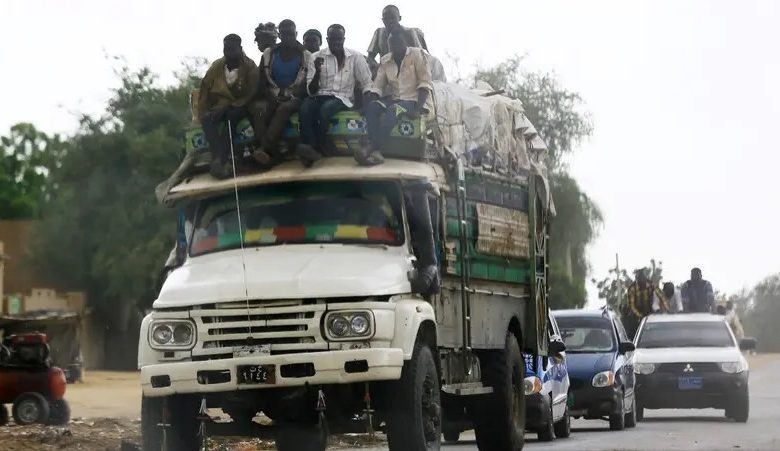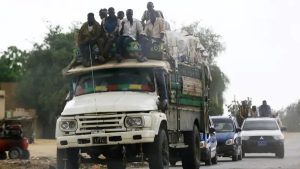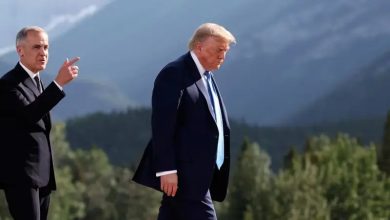
The United Nations Security Council is likely to vote on Thursday on a British-drafted resolution that demands a halt to the siege of al-Fashir in Sudan’s North Darfur region by the paramilitary Rapid Support Forces (RSF), diplomats said on Wednesday.

Britain has asked for the draft to be voted on by the 15-member council on Thursday afternoon. A resolution needs at least nine votes in favor and no vetoes by Russia, China, the United States, Britain or France to be adopted.
Top UN officials warned the Security Council in April that some 800,000 people in al-Fashir were in “extreme and immediate danger” as worsening violence advances and threatens to “unleash bloody intercommunal strife throughout Darfur.”
The draft Security Council resolution “demands that all parties to the conflict ensure the protection of civilians, including by allowing civilians wishing to move within and out of Al-Fashir to safer areas to do so.”
It also calls on countries “to refrain from external interference which seeks to foment conflict and instability and instead to support efforts for a durable peace and reminds all parties to the conflict and member states who facilitate the transfers of arms and military material to Darfur of their obligations to comply with the arms embargo measures.”
The US says the warring parties have committed war crimes and the RSF and allied militias have also committed crimes against humanity and ethnic cleansing. The UN says that nearly 25 million people – half Sudan’s population – need aid and some eight million have fled their homes and hunger is rising.
Between 10,000 and 15,000 people were killed in one city alone in Sudan’s West Darfur region last year in ethnic violence by the RSF and allied Arab militia, according to a UN sanctions monitors report, in January.
The draft text to be voted on by the Security Council “calls on the parties to the conflict to seek an immediate cessation of hostilities, leading to a sustainable resolution to the conflict, through dialogue.”



